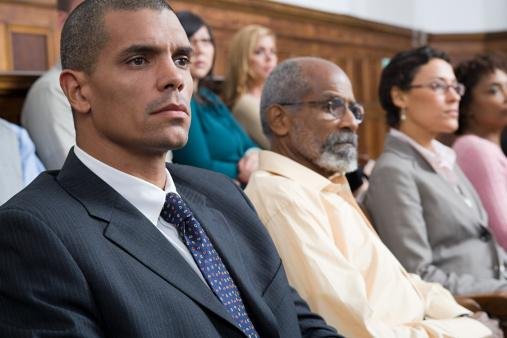It’s worth reminding people about the legal principle of jury nullification.

Be aware that prosecutors—and sometimes even judges—may try to exclude you from a jury if they suspect you understand this concept, as they often prefer jurors to be uninformed about their full rights and powers.
Jury nullification is grounded in the principles established by the framers of the Constitution. They understood that governments can become corrupt, passing unjust laws or applying fair laws in ways that serve injustice. This recognition is one of the key reasons the jury system exists.
After all, if trials are only about applying the law technically and consistently, why not let judges handle every case? Judges are legal experts with more experience in trials. Juries, on the other hand, are costly, time-consuming, and disruptive to citizens’ lives.
The unique value of a jury lies in its ability to reflect the common person’s sense of justice. The hope is that 12 ordinary peers have a better grasp of the real-world context and the social fabric than any single legal expert. They can see through the misuse of power and recognize when the system is serving the corrupt. They understand when someone who is technically guilty has done the morally right thing—or when someone technically innocent has violated the spirit of justice, if not the letter of the law.
As a juror, you have the right to vote according to your conscience. This includes considering the broader social context in which the alleged crime occurred. Jury nullification empowers jurors to uphold justice when the law itself, or its application, falls short.